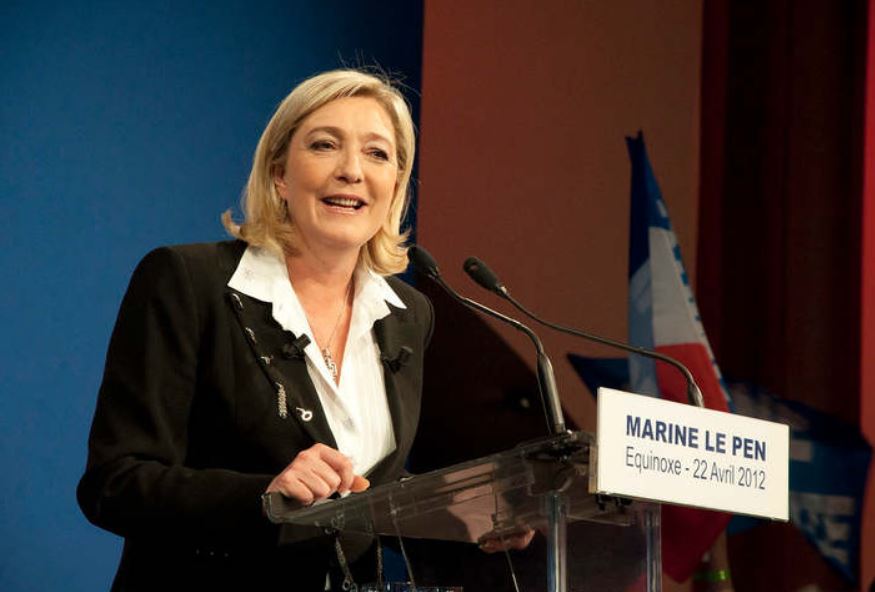Marine Le Pen’s right-wing National Rally party (RN) appears to have won the first round of the French parliamentary elections, according to early projections, as President Emmanuel Macron’s party dropped to third place.
According to the first IPSOS estimates, the National Rally bloc is in first place with 34 percent of the vote, ahead of the left-wing alliance in second place with 28.1 percent, while Macron’s centre-left coalition is trailing in third place with 20.3 percent.
Projections show that after the second round of voting next Sunday, the National Rally would win between 230 and 280 seats in the 577-member National Assembly – which is less than the 289 needed for an absolute majority.
The left-wing alliance, the recently created New Popular Front (NPF), would have between 125 and 165 seats, while Macron’s ensemble and his allies would have between 70 and 100.
The projection means that the National Rally – from which Le Pen has sought to purge the racism and anti-Semitism that proliferated under the decade-long leadership of her father, Jean-Marie Le Pen – is closer to power than it has ever been but may not be able to govern with a majority. Her party is still labelled “extreme” by the Slovenian media.
“Democracy has spoken, and the French people have put the National Rally and its allies first – and virtually wiped out the Macronist bloc,” Le Pen told a crowd of cheering supporters, but stressed that next Sunday’s second round would be crucial.
“Nothing has been won – and the second round will be decisive,” she said.
The National Rally is not likely to get the majority
With the National Rally not expected to reach the 289 seats needed for an absolute majority in the 577-member National Assembly, France faces an uncertain future. In optimistic speeches ahead of Sunday’s vote, Jordan Bardella – the 28-year-old National Rally leader and prime minister-designate – said he would refuse to lead a minority government in which the National Rally would require allies’ votes to pass laws.
Now comes a week of political logrolling, with centre and left parties deciding whether to back down in individual seats to prevent the National Rally from winning the majority.
First snap elections since 1997
Macron’s decision to call snap elections – the first in France since 1997 – took the country and even his closest allies by surprise. Sunday’s vote took place three years earlier than necessary and just three weeks after Macron’s party was defeated by the National Rally in the elections to the European Parliament.
Minutes after the humiliating defeat, Macron said he could not ignore the message sent by voters and took the “serious, difficult” decision to call early elections.
French voters turned out in huge numbers across the country and its overseas territories. The overall turnout on Sunday is expected to be 65.5 percent, the highest in the first round of parliamentary elections since 1997, according to IPSOS.
I. K.


